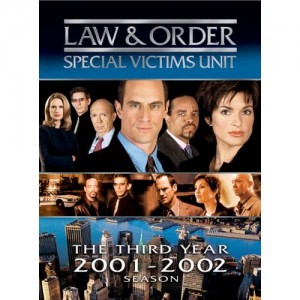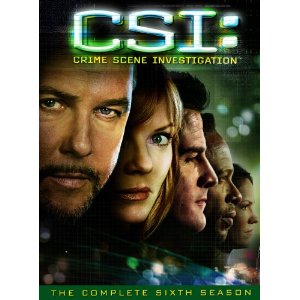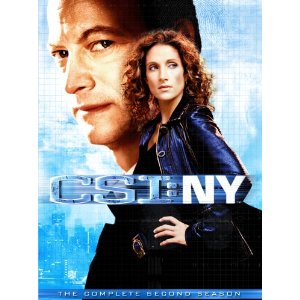“Mind of Mencia” — Season 2
Mencia displays an almost child-like glee during his monologues that are a part of each episode. Flapping his arms and legs around like a kid who’s heard the funniest joke, he punctuates stories with his trademark sing-song “dee de dee.”




